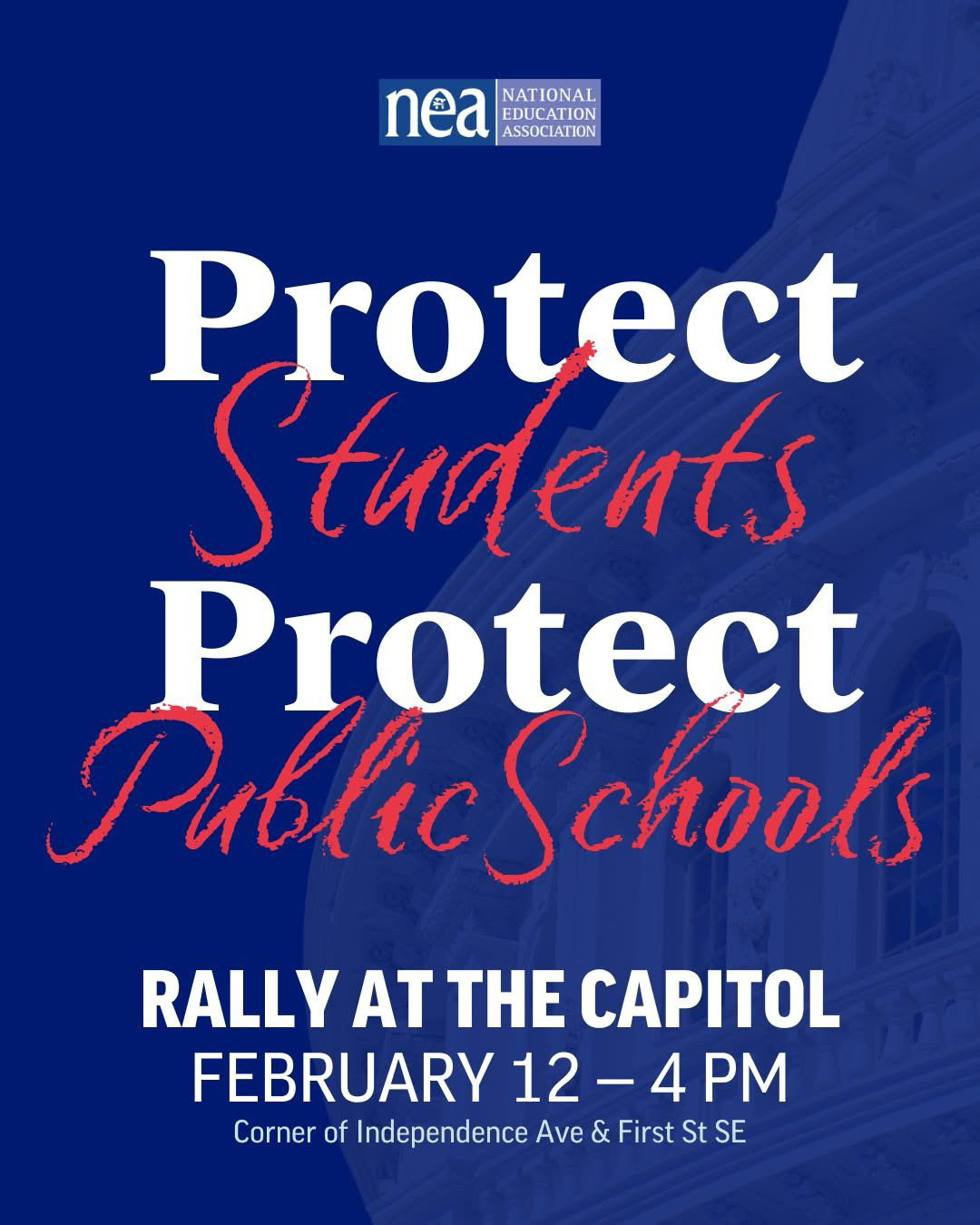There will be a markup of the Committee on the Budget on Wednesday, February 12, 2025, 10 AM & Thursday, February 13, 2025, 10 AM in Room SH-216 (Day 1) & SD-608 (Day 2) to consider the Concurrent Resolution on the Budget for Fiscal Year 2025.
From Roll Call:
The plan, to be marked up by the committee Feb. 12 and 13, assumes $342 billion over four years divided between border security, the Pentagon and Coast Guard: $175 billion for the border, $150 billion for defense and $17 billion for the Coast Guard.The new funding would be fully paid-for, but how they do that specifically is up to the authorizing committees charged with drafting the implementing bill. Committees given instructions to come up with the offsets are given low targets — at least $1 billion — to provide them with maximum flexibility. But the expectation is those committees will exceed those targets.
Provisions to expand domestic energy production through making more areas available for oil and gas drilling has long been part of the plan. Graham on Friday also said the budget assumes repeal of the methane emissions fee on oil and gas producers that was enacted as part of the 2022 clean energy reconciliation package.
The Congressional Budget Office has estimated the methane fee will cost the industry about $6 billion over 10 years, so the Environment and Public Works panel would have to account for that cost in its reconciliation submission due next month.
Graham said the budget assumes the reconciliation package will provide funding to finish a southern border wall and upgrade border security technology, increase the number of detention beds for those who cross the border illegally, and expand staffing of Immigration and Customs Enforcement and border patrol agents, attorneys who prosecute immigration-related offenses and immigration judges.
The funds provided for defense would go to expanding the Navy and strengthening the industrial base needed to build ships, developing an air and missile defense system and overhauling the nation’s nuclear defense.
The reconciliation instructions direct the following Senate committees to increase or reduce the deficit over 10 years in the following amounts:
- Agriculture: Reduce deficit by at least $1 billion.
- Armed Services: Increase deficit by no more than $150 billion.
- Commerce: Increase deficit by no more than $20 billion.
- Energy and Natural Resources: Reduce deficit by at least $1 billion.
- Environment and Public Works: Increase deficit by no more than $1 billion.
- Finance: Reduce deficit by at least $1 billion.
- Health, Education, Labor and Pensions: Reduce deficit by at least $1 billion.
- Homeland Security and Governmental Affairs: Increase deficit by no more than $175 billion.*
- Judiciary: Increase deficit by no more than $175 billion.* *The two committees share jurisdiction on border and immigration policy and the total figure they will report out combined is $175 billion, not twice that amount.
Although the Senate blueprint is more of a “shell” budget to set the table for the initial reconciliation package, it does make some assumptions about the 10-year spending and revenue trajectory of the federal government.
The blueprint’s tables show an aggressive $11.5 trillion net spending reduction from the Congressional Budget Office’s most recent 10-year baseline. Coupled with $3.7 trillion in revenue losses from an eventual tax cut package, Graham’s resolution targets nearly $8 trillion in lower deficits over a decade.
02/13/2025 at 10:00AM
